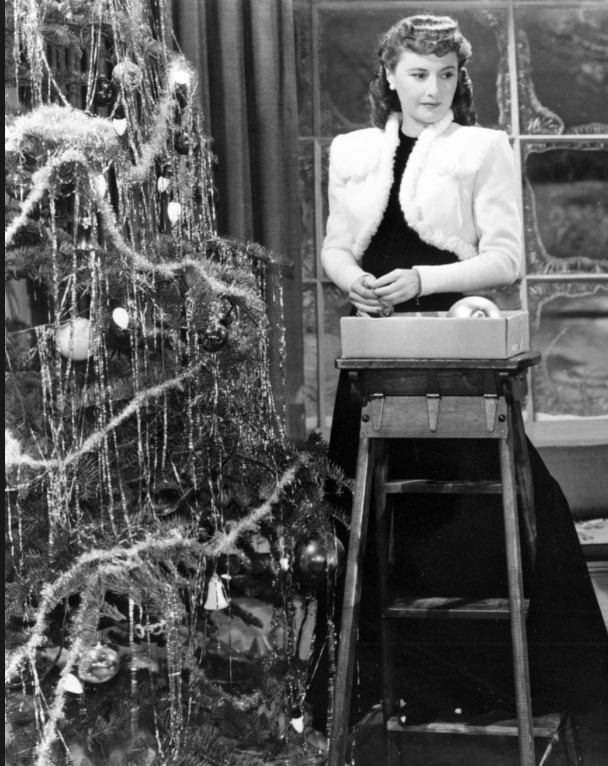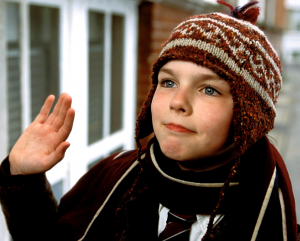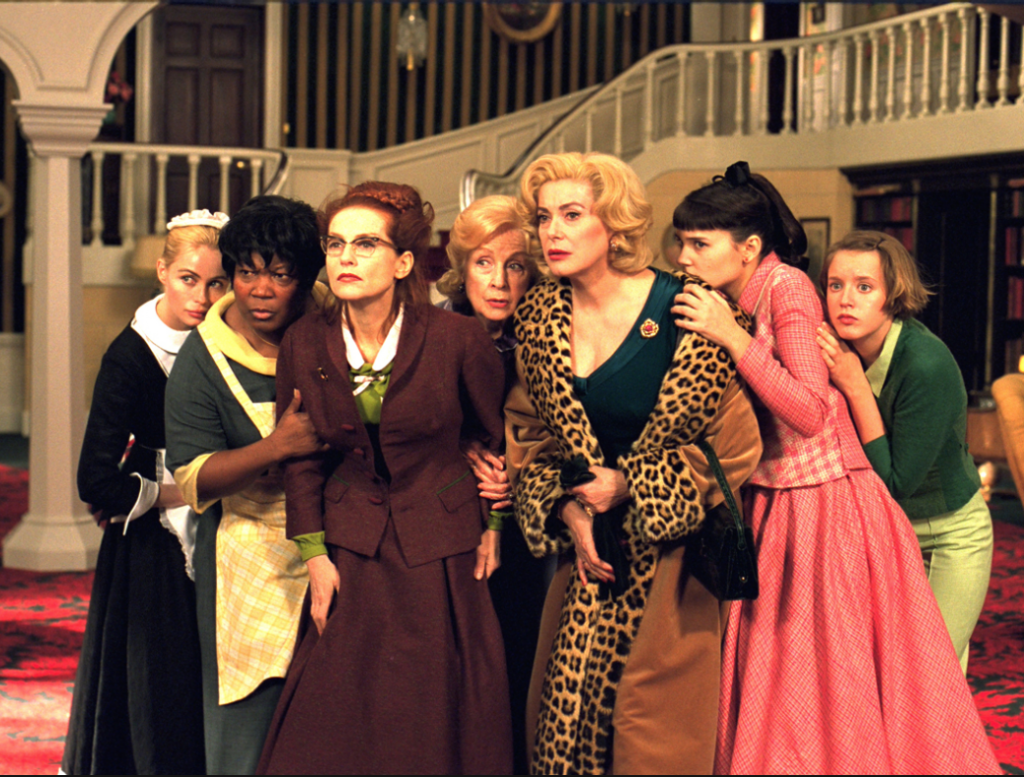 Lord knows tried-and-true holiday standards like “A Christmas Tale” can grow tiring (though I still recommend watching “Elf” on auto-repeat from now until New Year’s Day). But there are some films that fly under the radar this time of year because they’re either interestingly flawed or dark–two qualities I embrace in yueltide films, not shockingly.
Lord knows tried-and-true holiday standards like “A Christmas Tale” can grow tiring (though I still recommend watching “Elf” on auto-repeat from now until New Year’s Day). But there are some films that fly under the radar this time of year because they’re either interestingly flawed or dark–two qualities I embrace in yueltide films, not shockingly.
“A Christmas Tale” (2008)
This may be Arnaud Desplechin’s best film, which is saying quite a lot given that he’s one of the best European directors working today. It is also one of the most overlooked holiday films of all time – perhaps because it’s even darker than “It’s a Wonderful Life.” About a fractured – and fractious! – clan reassembled for Christmas to find a bone marrow match for their leukemia-stricken matriarch (Catherine Deneuve), it stars such European greats as Mathieu Amalric, Emmanuelle Devos, and Chiara Mastroianni (Deneuve’s daughter, a star in her own right) as a bevy of hyper-entwined siblings, cousins, and lovers. As jumbled as it is gorgeous, this is an erotic and neurotic paean to love lost and found that remains deeply skeptical of blood bonds even as it celebrates the “ties that bind.”
“Christmas in Connecticut” (1945)
Unlike some of the films on this list, there’s a good reason why this Yule-time farce has been overlooked: Its plot is paper-thin. But it stars no less than Barbara Stanwyck, that grand dame of 1940s screwballs, and that’s motivation alone to blow the dust off the film canister (metaphorically speaking). She plays a “Diary of a Housewife” newspaper columnist whose holiday supper for an ailing war hero (Dennis Morgan) is compromised by the fact that she secretly doesn’t have a domestic bone in her body. Not only is “The Queen” in rare form but the cuisine porn – and mid-century fashion – is gloriously rendered. The hats alone will make you swoon. (For more overlooked Christmastime Stanwyck, also check out “Remember the Night,” in which she stars with Fred MacMurray in a sly-eyed holiday noir written by Preston Sturges.)
 “About a Boy” (2002)
“About a Boy” (2002)
Utter the words “Hugh Grant” and “British holiday film,” and no doubt you’ll flash on “Love Actually.” But for those of us who lapse into a diabetic coma whenever that treacle comes on the telly, try “About a Boy,” Chris and Paul Weitz’s come-all-ye-faithful adaptation of Nick Hornby’s darkly comic novel. In his first role as a cad rather than a fop (even his normally floppy hair is tamed into a close crop), Grant stars as a doggedly unemployed trustafarian who gets roped into mentoring a young Nicholas Hoult when his hippie mom (Toni Collette) becomes clinically depressed. The holiday angle? Most of the key scenes take place around Christmas, and Grant lives off the royalties of his father’s famous (and wildly irritating!) carol.
“‘R Xmas” (2001)
The helmer of such rough-hewed fare as “Body Snatchers,” “King of New York,” and “Bad Lieutenant,” Abel Ferrara is hardly known for holiday fodder. Yet he really did helm this crime movie about a woman (Drea de Matteo, in an Eva Peron updo) trying to free her drug-dealer hubby (Lillo Brancato Jr.) from a kidnapper/corrupt cop (Ice-T) by – you guessed it – December 25. This being a Ferrara joint, it’s less Christmas Carol than hard-boiled street poetry. But while soft and fuzzy it might not be, this under-seen neo-noir boasts enough heart-felt grit – matched deftly by de Matteo’s deadpan charm – to work past your defenses anyway.
 “8 Women” (2002) Shimmering in glitter and pink-hued Technicolor, François Ozon’s bright-eyed and bushy-tailed retro musical-comedy is part Agatha Christie murder mystery, part Douglas Sirk melodrama, and all ladies, all the time. A veritable who’s-who of fabulous French actresses – everyone from Catherine Deneuve to Isabelle Huppert to Ludivine Sagnier is assembled here – convene at a snowbound country estate for Christmas only to discover that the man of the house has literally been stabbed in the back. Adapted from a play, this film teems with a staginess that may irk some; I find it as gloriously artificial as a gingerbread house built by Pedro Almodóvar hopped up on candy canes.
“8 Women” (2002) Shimmering in glitter and pink-hued Technicolor, François Ozon’s bright-eyed and bushy-tailed retro musical-comedy is part Agatha Christie murder mystery, part Douglas Sirk melodrama, and all ladies, all the time. A veritable who’s-who of fabulous French actresses – everyone from Catherine Deneuve to Isabelle Huppert to Ludivine Sagnier is assembled here – convene at a snowbound country estate for Christmas only to discover that the man of the house has literally been stabbed in the back. Adapted from a play, this film teems with a staginess that may irk some; I find it as gloriously artificial as a gingerbread house built by Pedro Almodóvar hopped up on candy canes.
This was originally published in Word and Film.
